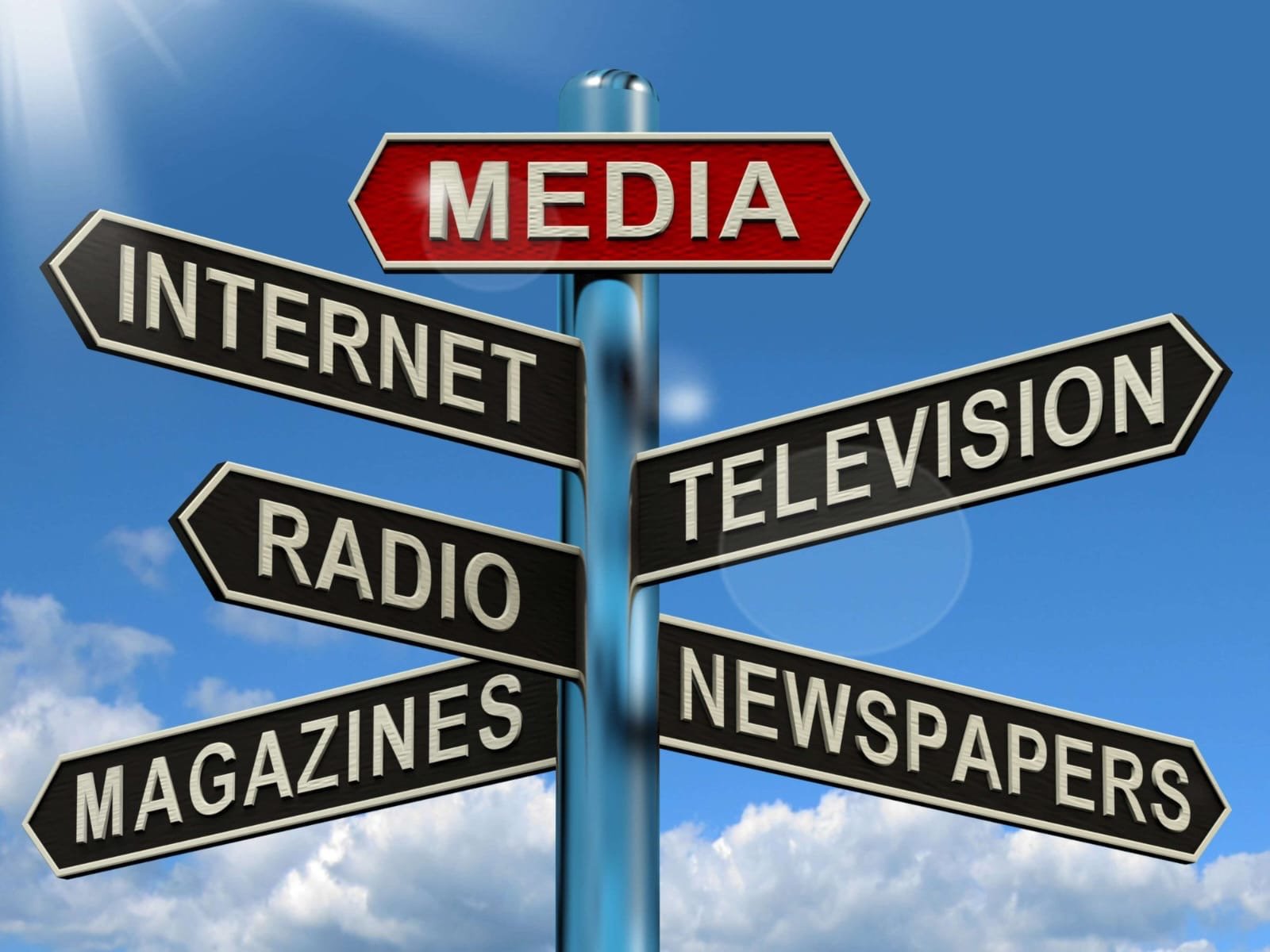
What are the most common forms of censorship faced by journalists today?
Journalists today face various forms of censorship that can restrict their ability to report freely and truthfully. Some of the most common forms include:
1. **Government Censorship**: Many governments impose direct censorship on media outlets, prohibiting the publication of certain topics, such as political dissent, corruption, or human rights violations. This can include laws that criminalise dissent or regulate media content.
2. **Self-Censorship**: Fear of repercussions can lead journalists to self-censor, avoiding sensitive topics or refraining from critical reporting. This often occurs in environments where the risks of backlash are high.
3. **Content Control**: Governments or powerful entities may exert control over media content by placing restrictions on what can be reported or by requiring prior approval for certain articles or broadcasts.
4. **Surveillance and Monitoring**: Journalists may face surveillance, both online and offline, which can inhibit their ability to communicate with sources and gather information freely. This often creates a chilling effect on investigative journalism.
5. **Intimidation and Harassment**: Journalists may experience intimidation, threats, or harassment from government officials, law enforcement, or other actors seeking to suppress critical reporting. This includes physical violence or threats against journalists and their families.
6. **Legal Threats**: Lawsuits, defamation claims, or other legal actions can be used to intimidate journalists and media organisations, creating a climate of fear and reducing the willingness to report on certain issues.
7. **Media Ownership and Control**: Concentration of media ownership can lead to biased reporting or censorship of certain viewpoints, particularly if owners have political or commercial interests that conflict with independent journalism.
8. **Internet Censorship**: Online platforms are frequently subjected to censorship, with governments blocking or filtering access to news websites, social media, and other digital platforms that provide independent information.
9. **Access Denial**: Journalists may be denied access to events, press conferences, or official statements, limiting their ability to gather information and report on important issues.
10. **Disinformation and Propaganda**: In some contexts, state-sponsored disinformation campaigns can drown out independent reporting, creating confusion and making it challenging for journalists to provide accurate information.
These forms of censorship can severely undermine the role of journalism in society, limiting the public’s access to information and hindering accountability and transparency.






